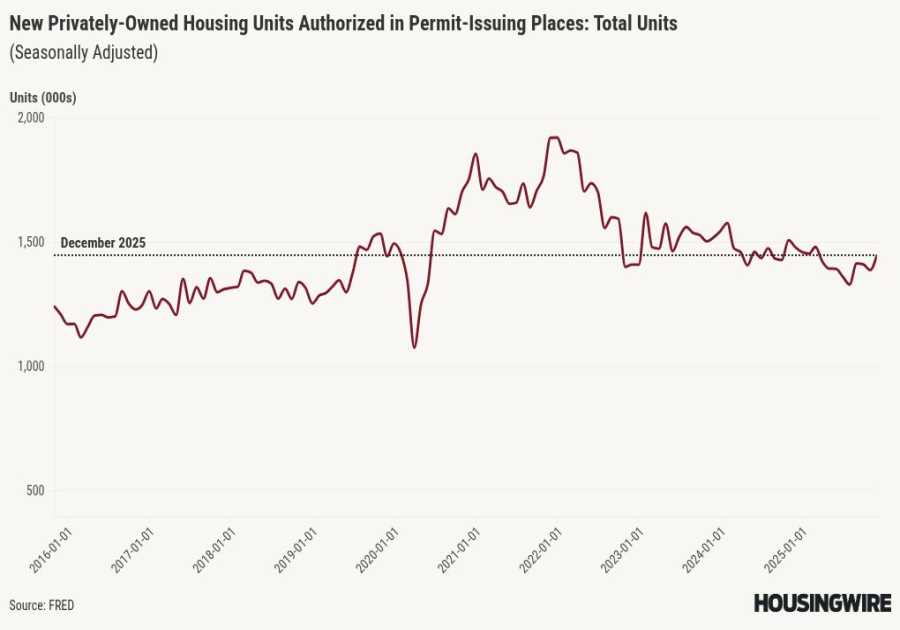Cheryl Simmons
- Cheryl Simmons, a parking lot attendant, lives in her car but makes too much for affordable housing.
- Despite earning $42,000 annually, Simmons cannot afford rent and barely has savings left over.
- Many 'peak boomers' are not financially ready for retirement, with 52.5% having under $250,000 in assets.
Cheryl Simmons, 62, thinks she'll have to "work until I drop."
Simmons, who works as a parking lot attendant in San Diego, has struggled with homelessness on and off for years, even though she's maintained jobs throughout much of that time. She lives in her car, even though she makes about $42,000 a year. She and her son previously lived in an efficiency apartment since it was all they could afford.
She makes slightly too much for a single-room occupancy unit in affordable housing and exceeds the income limit for food stamps and other government assistance. She believes she's fallen through the cracks and thinks she'll never be able to retire or live comfortably.
"I don't have somewhere for my grandchildren to come and visit, and I always have to go and visit them. But maybe that's the way it's supposed to be," Simmons said.
Simmons is one of the 30 million "peak boomers" entering retirement age in the next few years, but most are not financially prepared to retire. These boomers, born between 1959 and 1964, are facing economic challenges some have called the boomer retirement bomb.
A new report from the Alliance for Lifetime Income's Retirement Income Institute found that 52.5% of peak boomers have below $250,000 in assets. Many of these boomers will have to drain their savings or heavily rely on Social Security income after retiring — with many having to continue working into their 70s, at least in part-time roles.
Simmons also exemplifies the 29% of the country who fall into the category of ALICE — or Americans who are asset-limited, income-constrained, and employed. ALICE Americans make enough income to be above the Federal Poverty Level but too much to afford essential costs. Most earn too much to qualify for government assistance, falling through the cracks of the nation's safety net. The share of ALICEs has risen over the last decade nationwide.
Navigating homelessness
Simmons was born and raised in Albuquerque and had her first child at 22. She was a single mother with no college education and worked in entry-level office and fast-food roles. She later enrolled in community college courses in accounting.
She got married to her first husband, and they had two children together. She ultimately left the marriage, although she experienced homelessness after their divorce.
Because her son wanted to move to San Diego, she followed him 13 years ago with little money or belongings. She got into a shelter while her son looked for work. After both eventually found jobs, they moved into a studio apartment for $1,300 a month that she said was smaller than a hotel room. She also bought a car, which she's still paying off.
Her current job as a parking lot attendant pays her about $1,200 every other week after taxes. Much of that goes toward her car, insurance payments, and gas, which averages $5.39 a gallon in California.
Her son lost his job, and the two were forced to give up their apartment. Her son lives in the car with his cat, while she rents an SUV from a former coworker and sleeps in the back.
She said her company has offered to pay $1,000 toward a security deposit and other expenses on an apartment, though she said she can't cover monthly rent.
"I am OK sleeping in the car, and I don't need a whole lot. But it would be nice to have a bathroom in the middle of the night and a refrigerator," Simmons said.
Worried about retirement
She said she has no savings, as her earnings have mostly gone toward expenses and housing during more stable periods. Her car payment is $274 a month, while her insurance is $111. Her son's car is about $600 a month, though he pays the insurance. She estimates gas is $80 a week between the two cars, while her phone bill runs her $150 a month. Since she can't cook food, she spends about $30 a day on food. Other expenses include $84 a month for storage, as well as some other debts.
"We can't be happy if we don't know sadness, so I just accept this little bit of sadness and go on with happiness," Simmons said.
She tries to save some of her paycheck each month to get a camper van to drive to Texas to visit her grandson.
"At this point in my life, my expectations are very low," Simmons said. "I found out that it was hard to start over in your 40s."
Even with all these expenses, she said she's been denied local and federal assistance. She makes slightly over the $3,288 gross monthly income threshold for a two-person household to qualify for CalFresh, California's Supplemental Nutrition Assistance Program, also known as Food Stamps.
"I haven't really looked at the Food Stamp requirements for California recently since I just figured they're going to look at me and be like, you make $20 an hour and don't pay rent, so why do you need food stamps?" Simmons said.
Even when it was lower last year, her income disqualified her from most affordable housing, as she makes well above the monthly rental assistance threshold in San Diego for an SRO or a one- or two-bedroom apartment.
She said she's not alone among her coworkers and friends — one of her coworkers devotes half of his income to rent.
She's nowhere near alone in her fears about retirement, either. She has no retirement fund, and she thinks her best-case scenario is ending up at a nursing home.
She said that she has no choice but to continue working, as she said her expected Social Security payments in a few years would not be enough. She wants to remain active and have purpose at work, especially as she's been discussing a promotion to an office position.
She said she's in relatively good health, and given that her mother died when she was in her late 40s, she views life at the moment as "bonus time."
"I just know that things are not necessarily always going to be this way because I have seen changes in my life before," Simmons said. "I'm just pushing through and staying positive, though it's not always easy."
Are you a peak boomer or ALICE? Are you worried about retirement? Reach out to this reporter at [email protected].
Read More
By: [email protected] (Noah Sheidlower)
Title: A 62-year-old employed 'peak boomer' in California makes too much for affordable housing but lives in her car: 'I'll work until I drop'
Sourced From: www.businessinsider.com/peak-boomer-retirement-affordable-housing-rent-california-alice-food-stamps-2024-5
Published Date: Mon, 06 May 2024 10:02:01 +0000
.png)





